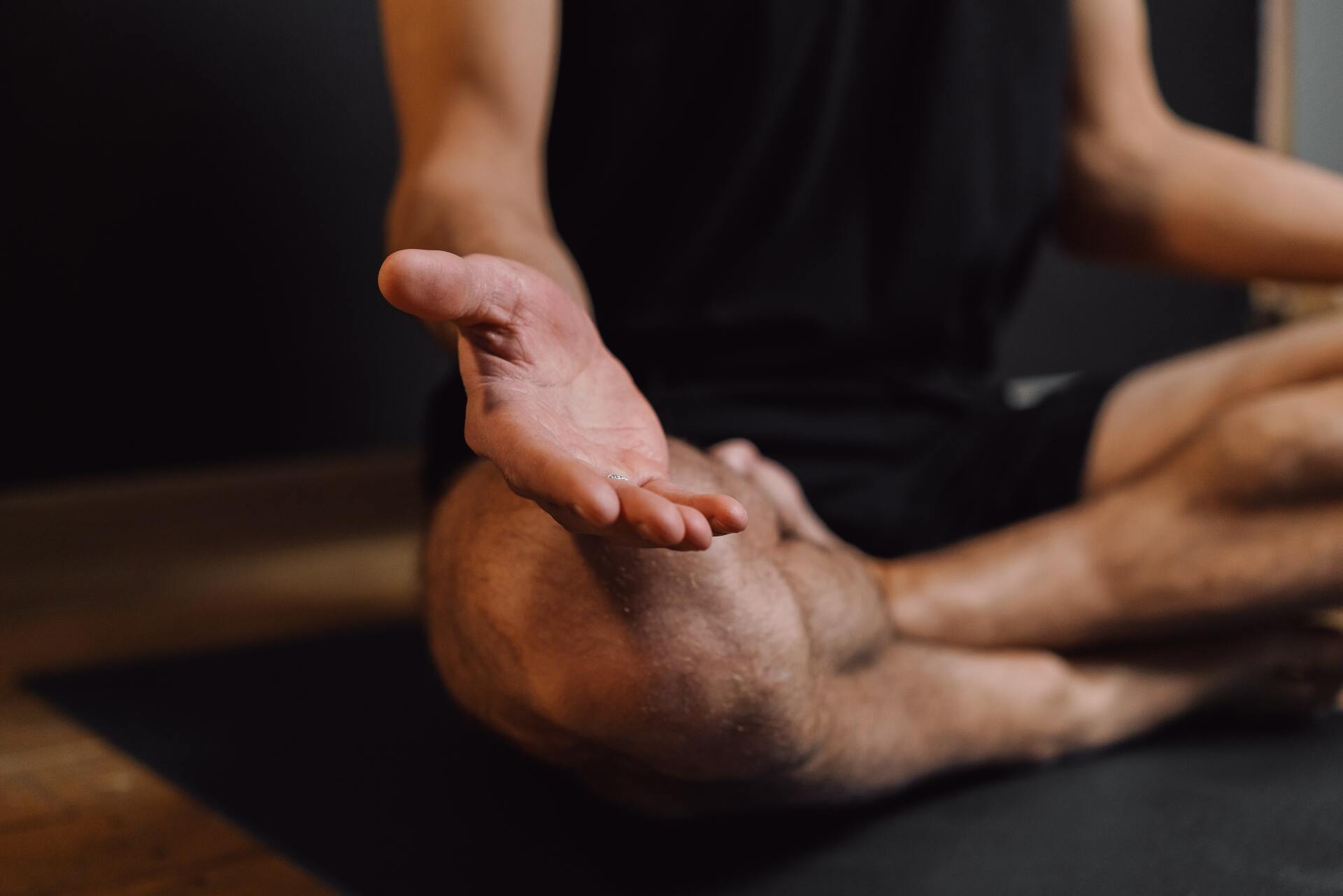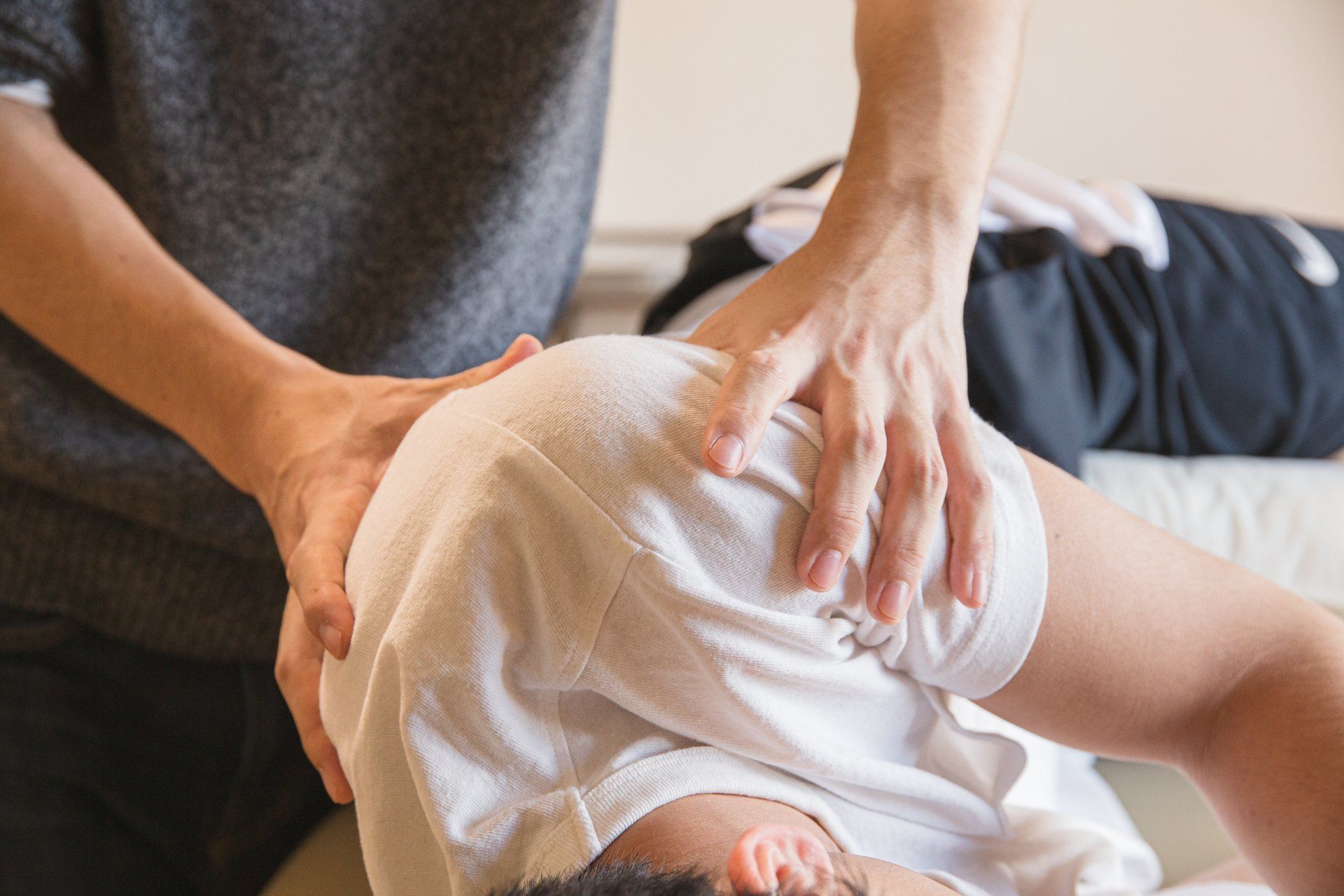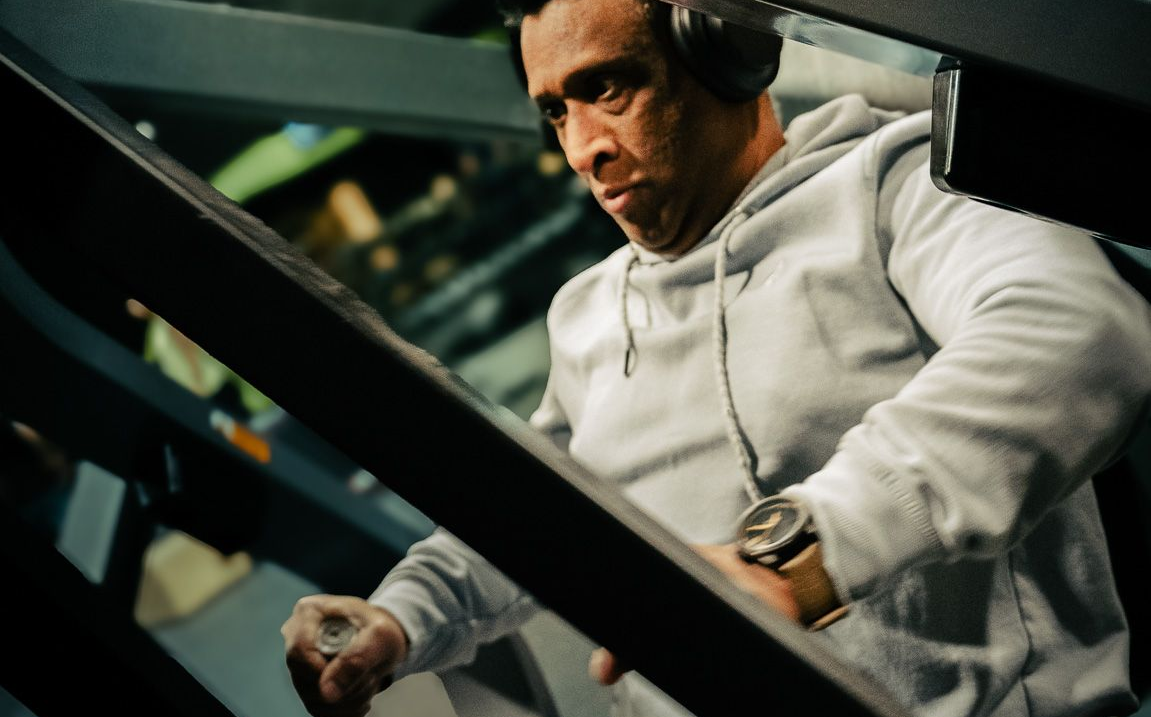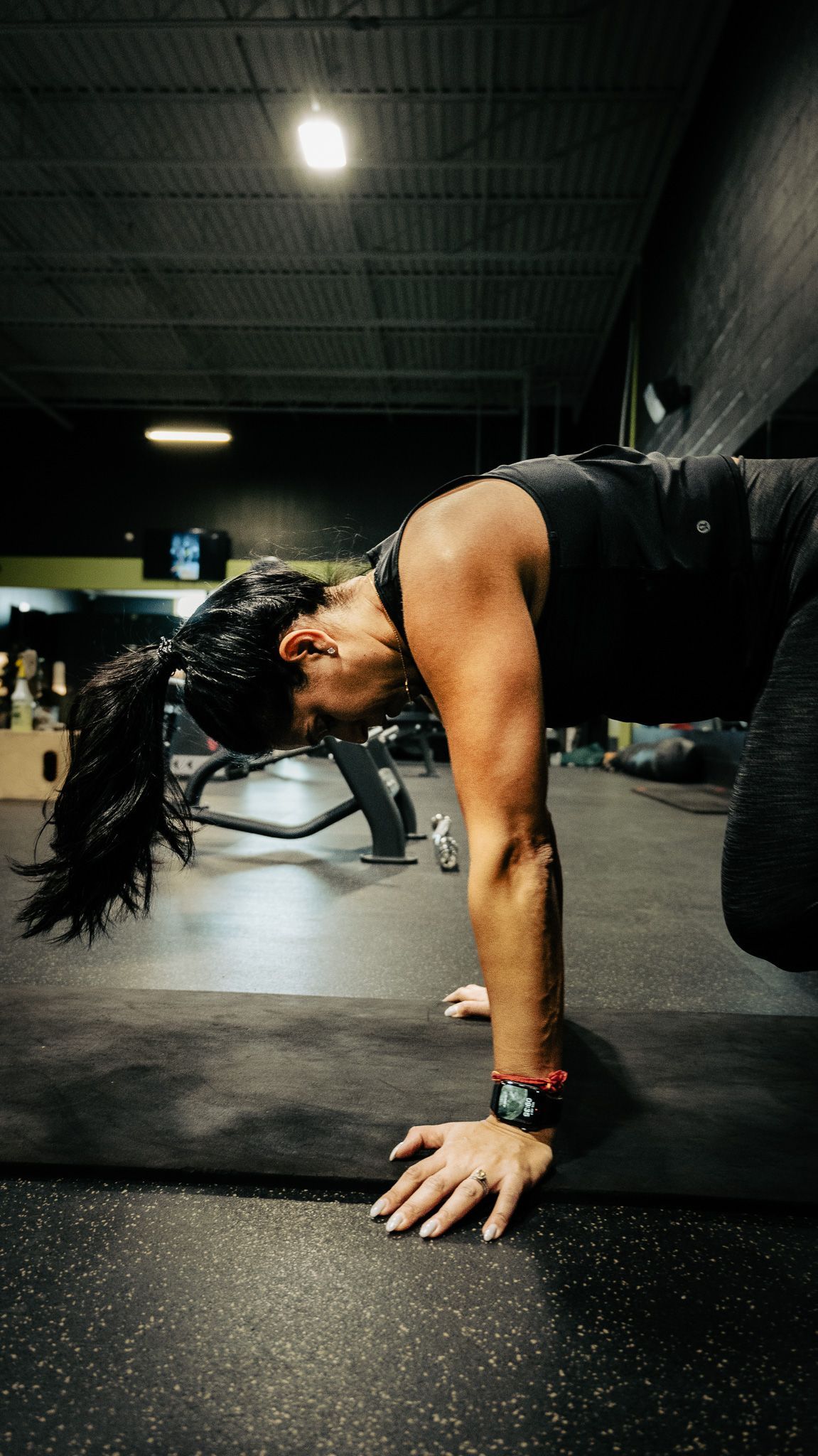The importance of Recovery and Sleep
Ever Feel sore or Tired days after a workout?

This is a common occurrence that happens when people don't take the time to properly recover. Recovery is one of the most important things to consider when working out/training. A common thing among athletes is overtraining. It tends to happen because athletes believe that pushing themselves to the limit all the time is the correct way to make progress when in reality, it could have negative effects on your progress as well as negative effects on your life outside of training.
There are 2 classifications of overtraining.
Overtraining
and
Overreaching.
Overreaching occurs when someone push's past there normal limits on a consistent basis without adequate time to recover. Signs of this include muscle pains/aches, fatigue, poor mental health, etc. Overtraining occurs when someone keeps on overreaching without taking the time to properly recover. Signs of this are the same as overreaching but amplified. There are also performance drops when it comes to training and some potential health risks that come in the territory. Both of these can be avoided by taking the time to properly rest and get proper nutrition into the body.
Training-related signs of overtraining
- Unusual muscle soreness after working out. Usually persists for a while
- inability to keep up with past training
- A feeling of "Heaviness" in your legs at all intensities
- Performance drops at a consistent rate
- Lack of motivation to complete exercises
Lifestyle-related signs of overtraining
- Prolonged fatigue
- Increase in negative emotions such as anger, depression, anxiety, etc.
- Inability to relax
- Poor-quality of sleep
- Lack of energy, decreased motivation, moodiness
- Lack of joy in hobbies or things you once enjoyed
Health-related signs of overtraining
- Increased occurrences of illness
- Increased blood pressure and increased resting heart rate
- Irregular menstrual cycles; missing periods
- Weight loss; appetite loss
- Constipation; diarrhea

The Importance of Sleep and How to sleep
“We exercise for a purpose: for cardiovascular health, to increase lean muscle mass, to improve endurance, and more. All of these 'goals' require sleep,” says W. Christopher Winter, MD
This quote perfectly summarizes sleep when it comes to exercising and the such. People tend to not put enough emphasis on sleep when it comes to working out and the such. Sleep gives your body time to recover, conserve energy, and repair and build up the muscles worked during exercise. When we get quality sleep, the body will produce growth hormones. The problem is a lot of people tend to be getting low quality sleep or or lack of sleep in general.
How to Sleep
- make your area dark and get it to a nice cool temperature. Ideally in between 60F and 67F or 15.6C to 19.4C. Other things you can do to set your room are set up some white noise, use a fan, wear ear plugs, etc.
- Set an alarm for when to go to sleep. People tend to use there phones before sleep. This prevents melatonin from going through the body which makes it harder to sleep. Set an alarm to stop using your phone so you can get some sleep
- Don't have any caffeine after 2pm. Everyone metabolizes caffeine at a different rate but 2pm is a safe cutoff point for people who have slower metabolisms
- Don't eat before you head to bed. Eating before bed messes with your natural sleep cycle
- Set up a consistent alarm for everyday. Try to wake up at the same time everyday or within 30 minutes of previous times.




